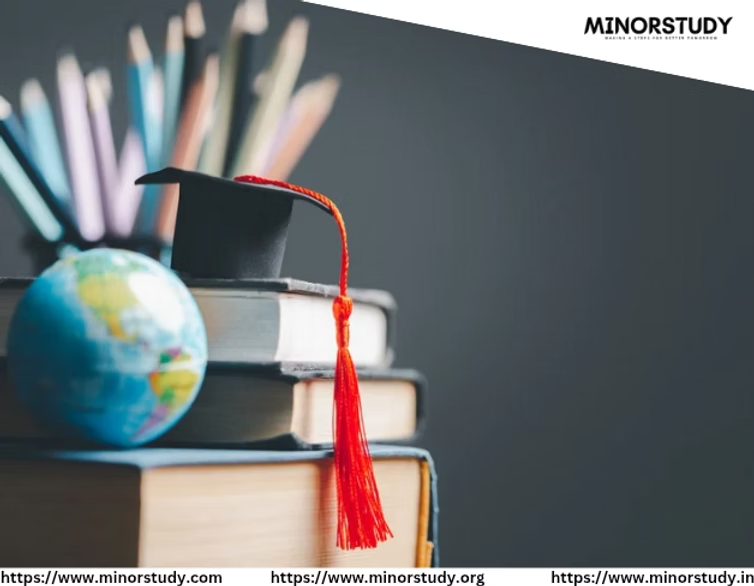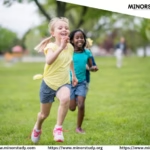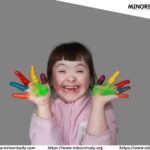🌱 Introduction: How a Day Can Change the World
Every year on January 24, the world observes the International Day of Education—a day dedicated to honoring the fundamental role of education in promoting peace, sustainable development, equality, and human dignity. This global observance reminds us that education is not just a service—it’s a human right, a pillar of democracy, and a cornerstone of thriving societies.
- 🕰️ History & Origins
- 📅 Timeline of Key Milestones
- 📌 7 Key Facts You Should Know
- 🧠 Why This Day Matters—7 Uplifting Reasons
- 1. 📈 Drives Global Development
- 2. ✌️ Cultivates Peace & Tolerance
- 3. 👩🎓 Empowers Individuals
- 4. 🌿 Fights Climate Change
- 5. 🧠 Promotes Lifelong Learning
- 6. 🛡️ Builds Societal Resilience
- 7. 🤝 Encourages Equity
- 💬 Frequently Asked Questions (FAQs)
- 🌐 How It’s Celebrated Around the World
- 📍 Important Points to Embrace
- 🌱 Real-Life Impacts on Daily Living
- 🎉 Wishing Messages to Share on this Special Day
- 🏁 Conclusion: Education That Truly Enlightens
More than a celebration, this day is a catalyst for action, encouraging governments, educators, communities, and individuals to work harder to ensure quality learning opportunities for all.
🕰️ History & Origins
Established in 2018 by the United Nations General Assembly and UNESCO, the International Day of Education was first celebrated on January 24, 2019. The move reflected the growing recognition of education’s importance, anchored in SDG 4: Quality Education—a key goal in the 2030 Agenda for Sustainable Development.
The day was designed to spotlight education’s transformative power—how learning can foster peace, tolerance, and social cohesion. It also seeks to draw attention to the gaps and inequities that still hold back millions from accessing education.
📅 Timeline of Key Milestones
| Year | Milestone |
|---|---|
| 2015 | UN launches SDGs, including Goal 4: Ensure inclusive and equitable quality education. |
| 2018 | UN General Assembly proclaims International Day of Education (Jan 24). |
| 2019 | First global celebration on January 24. |
| 2020 | COVID-19 triggers historic school closures—education crisis in spotlight. |
| 2021 | Theme: “Recover and Revitalize Education for the COVID-19 Generation.” |
| 2022 | Focus on learning loss, especially in vulnerable communities. |
| 2023 | Emphasis on digital equity and hybrid learning models. |
| 2024–2025 | Push for lifelong learning, adult education, and green skills. |
📌 7 Key Facts You Should Know
🎓 Universal Right – According to UNESCO, education is a fundamental human right.
📚 Over 260 million children and youth worldwide were out of school in 2018.
👩🏫 Teachers are vital—this day honors educators alongside learners.
🌐 Digital inclusion—post-pandemic education models differ dramatically by region and wealth.
🏫 Early childhood education matters—strong early foundations reduce future inequalities.
🎯 SDG 4 includes sub-goals like vocational skills, safe school environments, and gender equality.
🌍 Global cooperation – Culturally relevant, multilingual, and inclusive curriculums boost participation.
🧠 Why This Day Matters—7 Uplifting Reasons
1. 📈 Drives Global Development
Education feeds economic growth, innovation, and social stability.
2. ✌️ Cultivates Peace & Tolerance
Educated citizens are more likely to build inclusive, peaceful societies.
3. 👩🎓 Empowers Individuals
Education expands personal freedoms and economic opportunities, especially for girls and marginalized communities.
4. 🌿 Fights Climate Change
Green education—teaching environmental stewardship—prepares future generations to shape sustainable futures.
5. 🧠 Promotes Lifelong Learning
Education extends beyond childhood—upskilling, mental health, civic engagement continue across life.
6. 🛡️ Builds Societal Resilience
Well-educated societies are better prepared for crises—pandemics, climate disasters, economic shocks.
7. 🤝 Encourages Equity
Equitable education—disability access, gender equity, regional balance—supports wider inclusivity.
💬 Frequently Asked Questions (FAQs)
Q1: Why is International Day of Education celebrated on Jan 24?
A: UNESCO and the UN chose that date in 2018 to spotlight education’s central role in the SDGs, first observed in 2019.
Q2: Who leads the celebration each year?
A: UNESCO coordinates, supported by UN Member States, NGOs, schools, universities, and media.
Q3: What are common themes?
A: Recent themes: “Recover and Revitalize Education” (2021), digital equity (2023), lifelong learning and climate education (2024–25).
Q4: How can individuals participate?
A: Attend workshops, support local education charities, volunteer, share stories, encourage reading, or host learning events.
Q5: What are the main global barriers?
A: Obstacles include inadequate funding, teacher shortages, gender and digital divides, and unsafe learning environments.
🌐 How It’s Celebrated Around the World
Global Events – Virtual forums, panel discussions, and educational summits.
School Activities – Art contests, reading marathons, clean-up drives, and student-led workshops.
Digital Campaigns – #EducationDay trends, learning challenges, and youth-led social media outreach.
Policy Announcements – Countries unveil education budgets, reforms, and scholarship drives.
Community Outreach – NGOs run mobile libraries, literacy camps, and parent-teacher sessions.
📍 Important Points to Embrace
Education is a right, not just a service.
Access isn’t enough—quality, relevance, and inclusivity are key.
Education strengthens gender equality and diminishes poverty.
Digital tools offer opportunity but require digital literacy and fair access.
Community support and teacher empowerment sustain improvements.
🌱 Real-Life Impacts on Daily Living
👦 Children & Families
Better schools boost job prospects for parents and incomes. Reduced gender disparity delays marriage, empowers girls with choices.
📚 Teachers & Institutions
Training in inclusive, remote, and green teaching ensures better student outcomes and professional respect.
🌐 Society & Economy
Higher literacy translates into civic participation, healthier communities, and economic stability.
🌿 Environment & Civic Prosperity
Eco-education fosters environmentally conscious citizens who can tackle climate change and uphold democratic values.
🎉 Wishing Messages to Share on this Special Day
🌟 “Today we celebrate knowledge, curiosity, and the power that comes from learning. Happy International Day of Education!”
📖 “May reading open new worlds, and education guide us toward a more just, sustainable future.”
🌿 “Learning today, leading tomorrow—here’s to brighter minds and greener planets.”
👩🏫 “Shout out to educators everywhere—your work builds the world we all live in.”
🏁 Conclusion: Education That Truly Enlightens
International Day of Education is more than a commemoration; it’s an invitation—to improve systems, value teachers, and engage learners of all ages. It reminds us that an educated society is equipped not just for jobs, but for justice, democracy, and stewardship of our collective future.
As we watch classrooms open, children learn, and new programs roll out, may we remember that education isn’t an abstract concept—it’s the bridge between aspiration and achievement, awareness and action, poverty and possibility.
Let’s commit—today and every day—to make sure every learner, everywhere, can thrive. Because when education succeeds, humanity succeeds.








